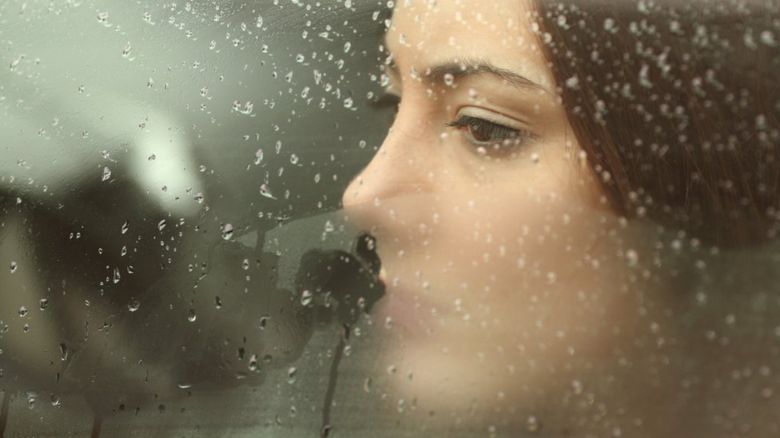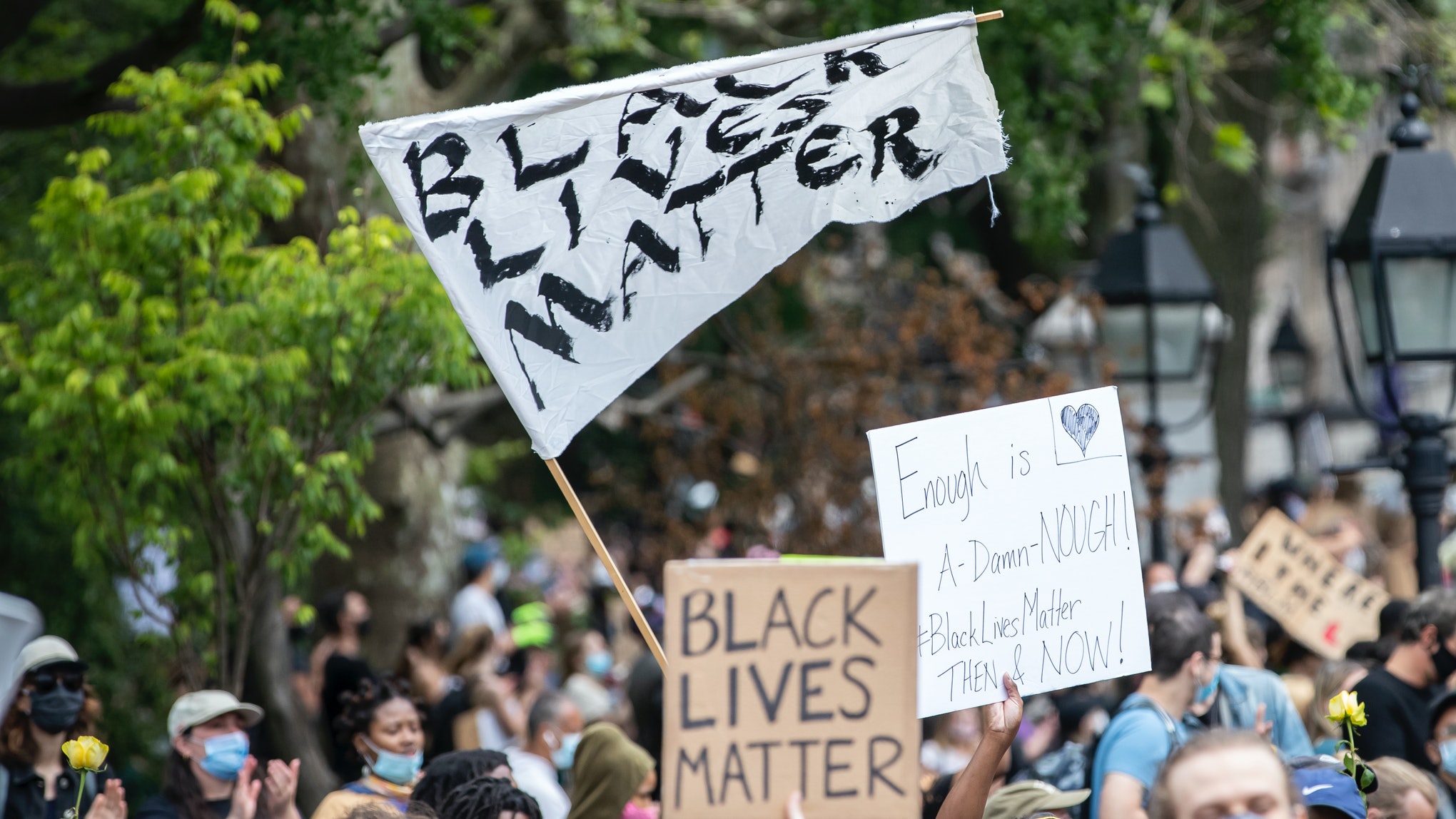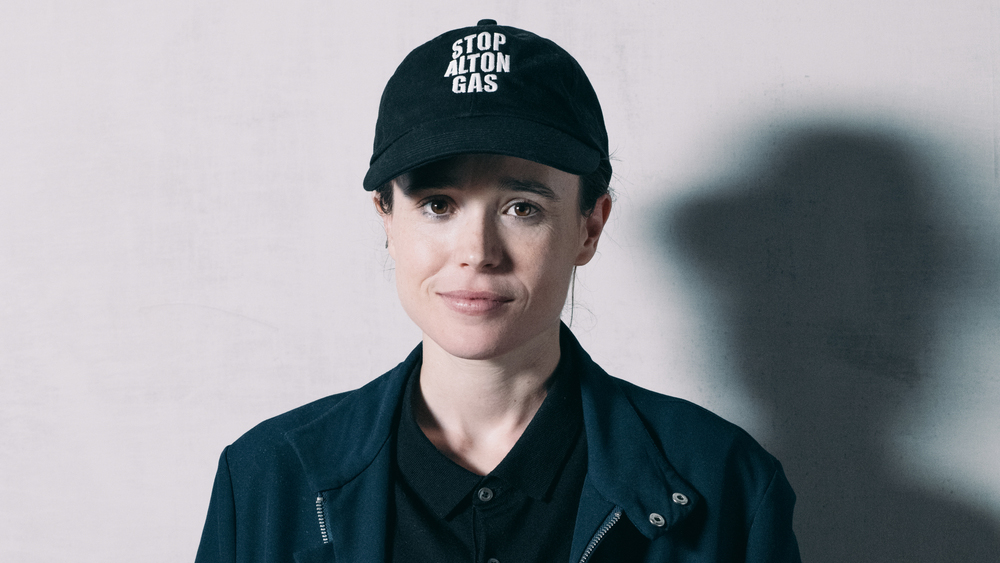According to the Centers for Disease Control and Prevention, LGBTQ youth are at an increased risk for suicidal thoughts, suicide attempts, and suicide and are often bullied more than their peers.
Alyssa Norris recently explained Yahoo Health
If they’re an adolescent subject to daily bullying who is rejected by their parents, we would expect that these rates would be higher.”
That can make a lasting impression on a person’s psyche, licensed clinical psychologist Alicia H. Clark, who specialises in the treatment of anxiety, added.
It isn’t easy to be different, and the chronic challenges of a non-heterosexual lifestyle can make everything seem harder, leading ultimately to mental health issues.”
The problems may start from the time a person realises his or her sexual orientation is different from the majority’s, she says, and may be exacerbated as a person encounters challenges faced when coming out.
It can be hard to stay mentally healthy along the way.”
Research has shown that gay men in particular have higher rates of body dissatisfaction and shame due to gay male culture’s emphasis on physical appearance.
One study published in the journal Men and Masculinities found that gay men reported significantly more body dissatisfaction and had a significantly smaller ideal weight than heterosexual men.
Another study published in the journal Eating Behaviors found that gay men were significantly more likely to be at risk of disordered eating and were more driven to achieve a muscular body than heterosexual men.
That can create a lot of stress and anxiety for a man, which can even lead to depression.
Clark added
Not only are gay men concerned about societal stigma for their sexual orientation, but gay men can feel intense social pressure from their community to be a picture of physical attractiveness that isn’t always possible. They feel shame about their perceived physical flaws and can also be shamed by their partners, making it hard to come to terms with one’s physical limitations and realities.”
But as the new research and other data have shown, it’s not just gay men who are at risk.
According to the National Alliance on Mental Illness, LGBTQ individuals are three times more likely than others to experience a mental health condition like major depression or an anxiety disorder.
Societal and cultural pressure can generate a great deal of added anxiety and relationship angst. It is isolating to feel different, and although we know so much of sexual orientation is biological, people still harbour a great deal of shame.”
If that anxiety isn’t redirected into realistic values or channelled into productive action, it can create a vulnerability to depression and self-destructive behaviours like substance abuse, Clark says.
However, it’s possible for us to lower our risk of developing a mental illness.
Clark says the most important way is to get educated about the symptoms of anxiety and depression and know your odds of developing each. If you show an early sign of decline, get help.
Don’t let one more stigma (mental health) stand in your way of finding the happiness and satisfaction you deserve to feel in life.”













